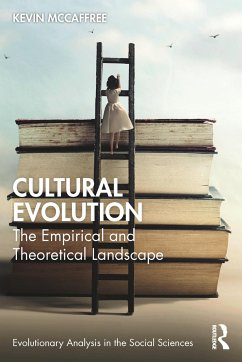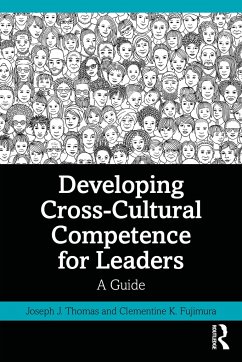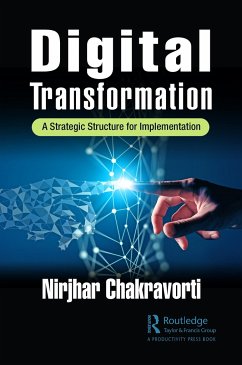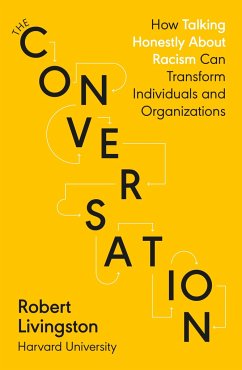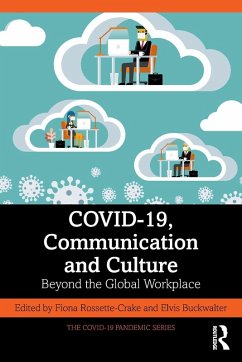
Disrupting Corporate Culture
How Cognitive Science Alters Accepted Beliefs About Culture and Culture Change and Its Impact on Leaders and Change Agents
Versandkostenfrei!
Versandfertig in 6-10 Tagen
32,99 €
inkl. MwSt.
Weitere Ausgaben:

PAYBACK Punkte
16 °P sammeln!
Research in cognitive science over the last 30 years shows much of what we know about culture in the business world is based on myth, wishful thinking, outdated science, or is just plain wrong. This is why culture-shaping and change programs in organizations often amount to little more than sloganeering with minimal impact on the lived experience of employees.This book bridges the gap between the latest research on cognitive science and culture, providing a valuable guide for change leaders, CEOs, and practitioners on how to sustainably work with and change this important resource. It answers ...
Research in cognitive science over the last 30 years shows much of what we know about culture in the business world is based on myth, wishful thinking, outdated science, or is just plain wrong. This is why culture-shaping and change programs in organizations often amount to little more than sloganeering with minimal impact on the lived experience of employees.
This book bridges the gap between the latest research on cognitive science and culture, providing a valuable guide for change leaders, CEOs, and practitioners on how to sustainably work with and change this important resource. It answers many of the major questions that have plagued culture work, such as:
Why so many CEOs and management consultants preach culture change when so few culture interventions actually succeed
Why CEOs persist in believing "culture starts at the top" when virtually no research in anthropology supports that claim
Why most culture shaping approaches have no answer for how to affect culture in global companies
Why culture doesn't cause us to do anything, yet we persist in believing that somehow it does
Why so many culture-shaping projects focus on corporate values despite the fact modern science shows why changing personal values is exceedingly difficult
What we are learning about culture from the last 30 years of cognitive science gives us the foundation for far more impactful and sustainable interventions than have been possible to date. This book explains why, showing how everyday business practices well beyond HR are key to culture change. Why? Because the brain's synaptic plasticity can only be altered through new sustained and widespread organizational habits and routines. This groundbreaking, practical guide will show you finally how to realize the full power of culture as a transformational, empowering, and competitive resource.
This book bridges the gap between the latest research on cognitive science and culture, providing a valuable guide for change leaders, CEOs, and practitioners on how to sustainably work with and change this important resource. It answers many of the major questions that have plagued culture work, such as:
Why so many CEOs and management consultants preach culture change when so few culture interventions actually succeed
Why CEOs persist in believing "culture starts at the top" when virtually no research in anthropology supports that claim
Why most culture shaping approaches have no answer for how to affect culture in global companies
Why culture doesn't cause us to do anything, yet we persist in believing that somehow it does
Why so many culture-shaping projects focus on corporate values despite the fact modern science shows why changing personal values is exceedingly difficult
What we are learning about culture from the last 30 years of cognitive science gives us the foundation for far more impactful and sustainable interventions than have been possible to date. This book explains why, showing how everyday business practices well beyond HR are key to culture change. Why? Because the brain's synaptic plasticity can only be altered through new sustained and widespread organizational habits and routines. This groundbreaking, practical guide will show you finally how to realize the full power of culture as a transformational, empowering, and competitive resource.





